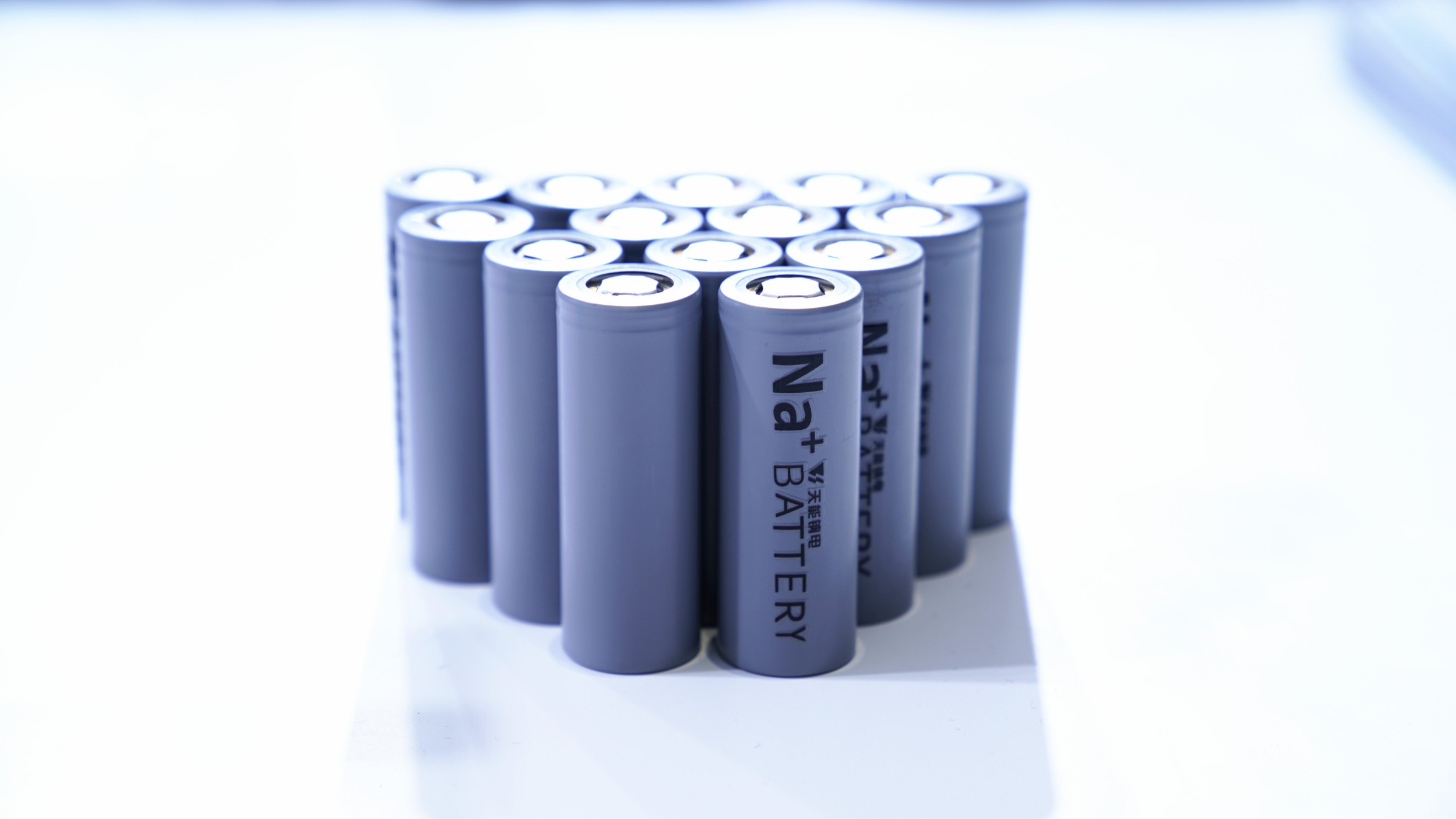
Among various energy storage technologies, sodium-ion batteries have attracted widespread attention due to their unique chemical properties and potential cost advantages. Particularly across a wide temperature range, sodium-ion batteries exhibit good capacity retention, making them highly promising for applications in extreme environmental conditions. This article will provide an in-depth study of the wide temperature tolerance of sodium-ion batteries and analyze their capacity retention from -40°C to 80°C.
A sodium-ion battery is an energy storage device that works by moving sodium ions between the anode and cathode to convert electrical energy into chemical energy and vice versa. Compared to lithium-ion batteries, sodium-ion batteries have significant cost advantages because sodium is abundant and inexpensive. Additionally, sodium-ion batteries feature high energy density, long cycle life, and good safety characteristics.
At low temperatures, the rate of chemical reactions within the battery slows down, and ion mobility decreases, leading to performance degradation. However, sodium-ion batteries can maintain a high capacity retention even at -40°C. This is mainly due to the unique electrode materials and electrolyte design of sodium-ion batteries. Studies show that optimizing the structure and composition of the electrode materials, as well as selecting electrolytes that perform well at low temperatures, can significantly improve the battery's performance in cold environments. For example, electrode materials with a nanostructure design can increase the contact area between the electrodes and electrolyte, improving ion migration rates. Additionally, using electrolytes with excellent ionic conductivity at low temperatures further enhances the performance of sodium-ion batteries in cold conditions.
At high temperatures, the chemical reactions inside the battery accelerate, potentially causing thermal runaway and performance degradation. However, sodium-ion batteries can maintain stable performance even at 80°C, thanks to the high-temperature stability of their electrolyte and electrode materials. Furthermore, the battery's thermal management system effectively prevents thermal runaway under high-temperature conditions. With proper thermal design and cooling measures, sodium-ion batteries can maintain high performance stability in hot environments.
Capacity retention is an important indicator for measuring battery performance degradation. It reflects the ability of a battery to retain its original capacity under different temperature conditions. Over the wide temperature range of -40°C to 80°C, sodium-ion batteries demonstrate good stability in capacity retention.
At -40°C, sodium-ion batteries can maintain a capacity retention rate of over 70%. This is attributed to the unique electrode materials and electrolyte design, as well as the optimized battery structure. By enhancing the conductivity of electrode materials and improving ion migration, along with selecting low-temperature performance electrolytes, sodium-ion batteries can still deliver high energy output and charge/discharge capabilities in cold environments.
At 80°C, sodium-ion batteries can maintain a capacity retention rate of over 80%. This is largely due to the high-temperature stability of the sodium-ion battery's components and the effective operation of its thermal management system. Through proper thermal design and cooling measures, sodium-ion batteries can maintain low internal temperatures, thereby preserving performance stability.
The wide temperature tolerance of sodium-ion batteries opens up numerous applications in various fields.
In polar exploration and military applications, equipment must function reliably in extremely low temperatures over extended periods. The high and low-temperature performance of sodium-ion batteries makes them an ideal energy solution for these fields. Additionally, their cost advantages help reduce overall equipment costs.
Electric vehicles and energy storage systems require batteries that offer high performance stability, particularly under extreme temperature conditions. Sodium-ion batteries' strong performance across a wide temperature range makes them a promising candidate for electric vehicles and energy storage systems. Moreover, their cost advantages further drive their potential applications in these areas.
Renewable energy sources such as wind and solar are heavily influenced by weather conditions, requiring energy storage systems to provide stable power during periods of no wind or sunlight. Due to their wide temperature tolerance, low cost, and high safety features, sodium-ion batteries show great potential in the renewable energy sector.
In conclusion, sodium-ion batteries exhibit excellent performance stability and capacity retention across a wide temperature range. This characteristic makes them highly suitable for applications in extreme environmental conditions. With ongoing technological advancements and cost reductions, sodium-ion batteries are expected to play a significant role in electric vehicles, energy storage systems, and renewable energy sectors.
Next:Everything you need to know about the Tesla 4680 battery
Previous:48pcs EVE MB30 306Ah lifepo4 battery cells were shipped to Fiji
Contact Person: Miss. Elsa Liu
| WhatsApp : | +8617763274209 |
|---|---|
| Skype : | +8617763274209 |
| WeChat : | 17763274209 |
| Email : | Elsa@lifepo4-battery.com |